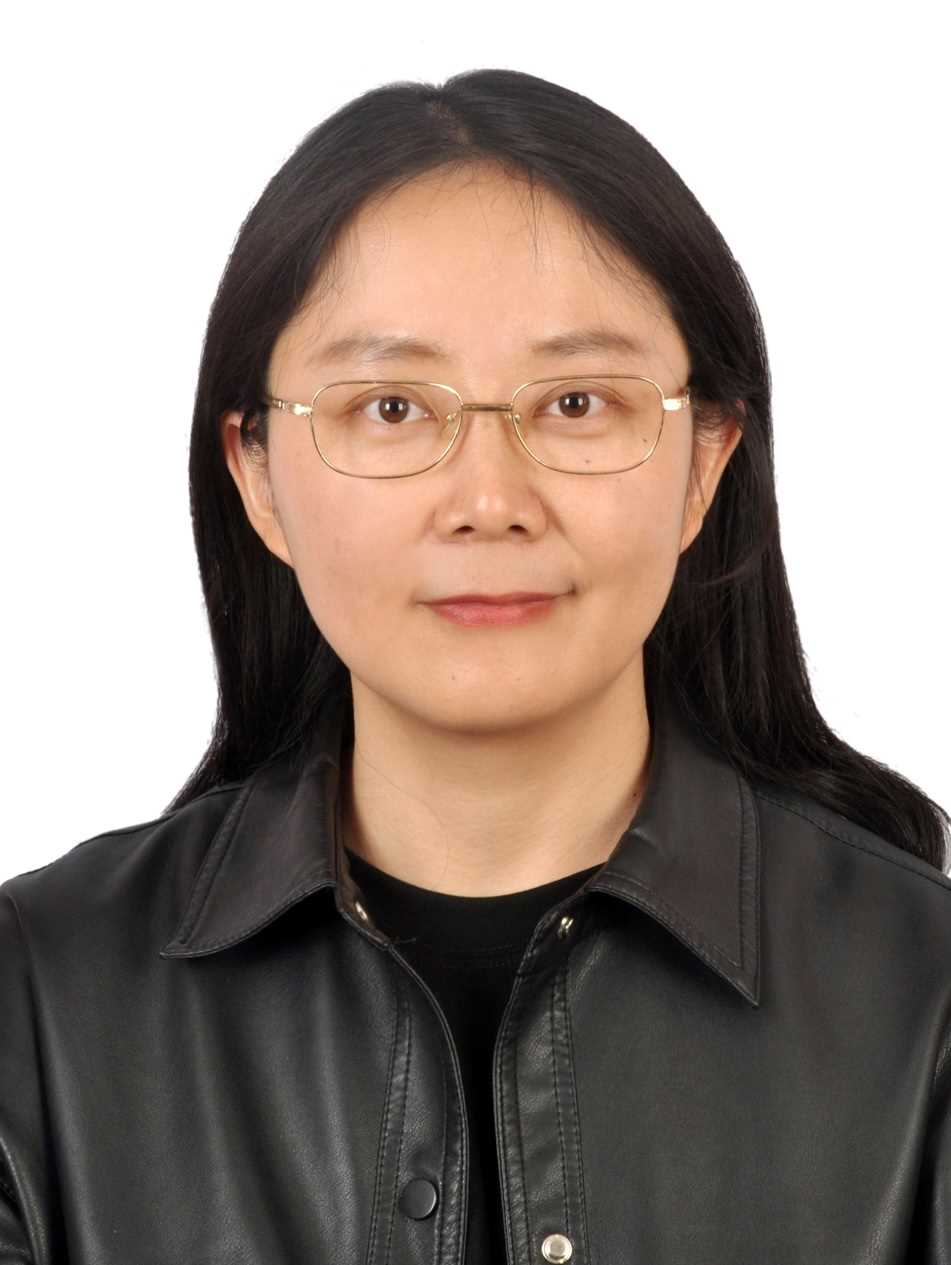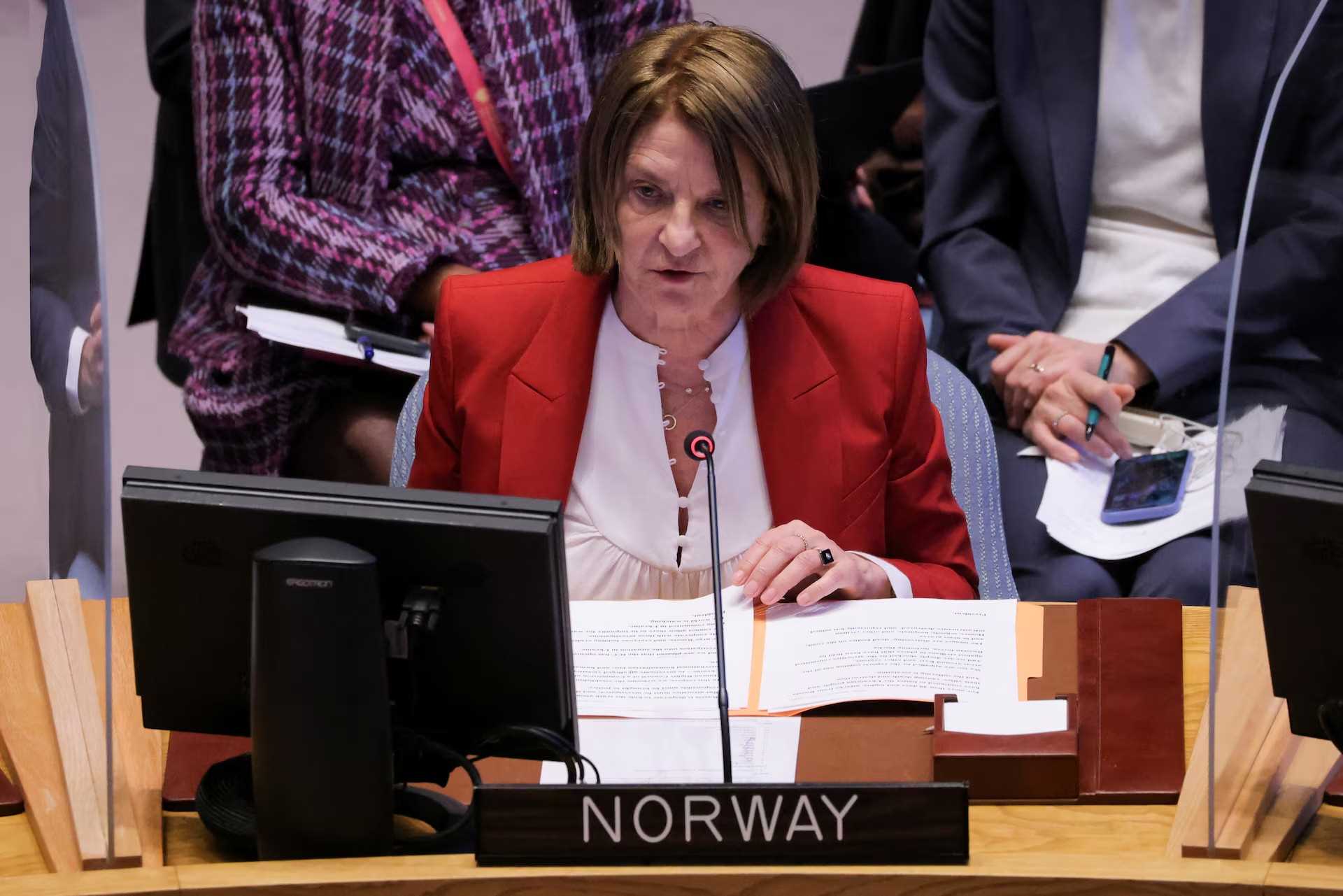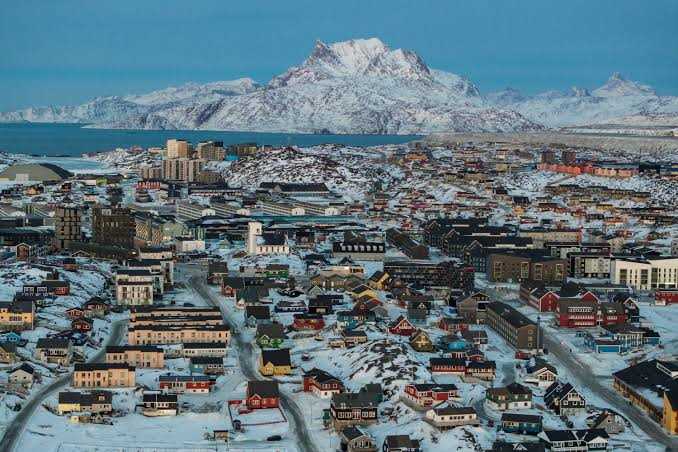
Liu Lingling
People's Daily
At the recently concluded 61st Munich Security Conference (MSC), multipolarity became the focus of discussion.
Is today's world truly moving toward a multipolar order? Will multipolarity lead to greater disorder and governance failures in the international system? How can the world ensure a healthy and stable transition to multipolarity?
The three critical questions shape the global discourse on international stability, peace, and development.
A multipolar world is both a historical inevitability and a reality.
The Munich Security Report 2025, themed "Multipolarization," explicitly states that the world already lives in a multipolar order. This assessment aligns with the prevailing consensus in the international community.
In international relations, "pole" refers to key influential political and economic forces in the global system. At its core, multipolarity means that global power and governance are consulted and contributed by all parties for shared benefit.
Since the Cold War ended in the early 1990s, the world accelerated toward multipolarity. All countries and regions have sought a greater role in international affairs independently and autonomously.
Today, multipolarity is a direct reflection of the changing global power dynamics. According to the International Monetary Fund, the GDP of emerging markets and developing economies accounted for 58.9 percent of the global economy in 2023. The Munich Security Report 2025 highlights that BRICS nations contribute to approximately 40 percent of global trade, as well as crude oil production and exports.
This is not just about economic development—it is a basis for structural change in global order.
The MSC, traditionally dominated by Europe and the United States, saw 30 percent of its speakers this year representing the Global South, a testament to the world's multipolar trajectory. Countries in the Global South are asserting greater independence in global affairs. They have actively promoted greater democracy in international relations through platforms such as BRICS and the Shanghai Cooperation Organization, injecting vital momentum into the world multipolarization process.
The report notes that multipolarity is not just about the redistribution of material power—it is fostering greater ideological diversity. The once-dominant "end of history" narrative has been thoroughly debunked. Developing nations have grown more self-assured in exploring the path to development independently. Together, the Global South is advocating for equal exchanges, inclusion and mutual learning among civilizations.
While multipolarity is the direction of historical development, its progress will not be overnight. Skepticism and resistance persist, with some still clinging to outdated notions of unipolar or bipolar structures at the conference. Still and all, from a long-term historical perspective, multipolarization will inevitably continue to gain strength through tortuous development.
II.
In today's complex global landscape, unilateralism and protectionism are on the rise, posing risks of a return to the law of the jungle. Some argue that multipolarization inherently leads to fragmentation, chaos, and conflict.
Related Stories
However, blaming global instability on multipolarity is a classic misdiagnosis of cause and effect. Multipolarity is not the source of today's global challenges. On the contrary, it is the resistance to multipolarity—the reluctance of certain countries to abandon unilateralist tendencies—that has fueled disorder.
Policies such as "decoupling and breaking chains" and "small yard, high fence" disrupt global economic cooperation. Unilateral withdrawals from multilateral agreements and coercive policies undermine international collaboration. These actions stem from an attachment to unipolar hegemony and zero-sum thinking, and a reluctance to embrace the evolving multipolar order.
The claim that multipolarity leads to chaos reflects an anxiety about power redistribution. Some nations that once dominated the global order are struggling to adjust to the rapid development of multipolarization. They romanticize the past, painting a picture of an idealized global order under hegemonic stability, or insisting on restoring so-called "liberal order" dominance. These arguments ignore the systemic inequalities and historical trauma faced by the Global South.
The report provides valuable insights: for people in the countries of the Global South, "the past was not as good as we (in the West) tend to think, and the future is not as bad as we fear." When surveyed on the future of a multipolar world, BRICS respondents expressed significantly greater optimism than those from the G7 nations.
A multipolar world better reflects the international community's aspirations for justice, fairness, and win-win cooperation. It aligns more closely with the realistic need for peace and development, and is more conducive to the reform of the global governance system.
Increasing representation for developing nations in global governance does not signify the "decline of the West." Rather, it fosters a more balanced and cooperative international system.
As UN Secretary-General Antonio Guterres once noted, multipolarity promises to be "a way to fix multilateralism."
III.
To prevent disorder and conflict during the transitional period in the international order, the key lies in fostering an equal and orderly multipolar world.
The international community should make concerted efforts to uphold equal treatment and win-win cooperation, adherence to international rule of law and true multilateralism, ensuring that all nations contribute constructive forces to global stability and progress.
To build an equal and orderly multipolar world, rules must be followed. The UN Charter remains the fundamental guideline for managing international relations, and the cornerstone for building a multipolar world.
Josep Borrell, former High Representative for Foreign Affairs and Security Policy of the European Union, stated that "when the number of participants in a game increases, the natural response should be to strengthen the rules governing the game."
German President Frank-Walter Steinmeier cautioned at the MSC that the lack of rules must not define the reorganization of the world.
These insights underscore a common view that multipolarization must not descend into a power struggle where "might makes right." Great powers must lead by example, uphold credibility and law, and reject double standards. Only when power diffusion is accompanied by shared responsibility can a civilized order replace power struggles.
To build an equal and orderly multipolar world, views on cooperation must be updated with the times.
One prominent concern about multipolarity is that it may lead to an inadequate supply of global public goods. To prevent this, nations must strike a balance between national and collective interests, and embrace the correct cooperative mindset.
Brazilian President Luiz Inacio Lula da Silva noted it is impossible to "de-globalize." In other words, in an era of shared destinies, no country can thrive in isolation. The only path forward is one of collaboration, mutual benefit, and a positive-sum relationship.
By upholding true multilateralism, promoting consultation and contribution for shared benefit, and advancing a universally beneficial and inclusive economic globalization, all parties can strengthen their ability to tackle challenges and pursue development with solid steps.
The international community should seize this historic moment to shape an equal and orderly multipolar world. By prioritizing wisdom over fear, cooperation over confrontation, and rules over disorder, the world will move toward a brighter, more inclusive future.
(The author is commenter on international affairs, People's Daily)




















Leave Comments